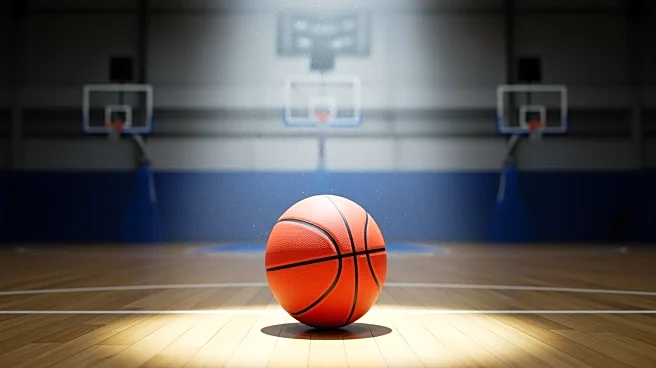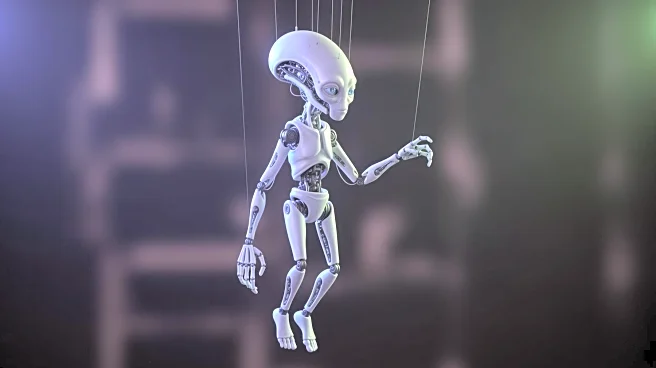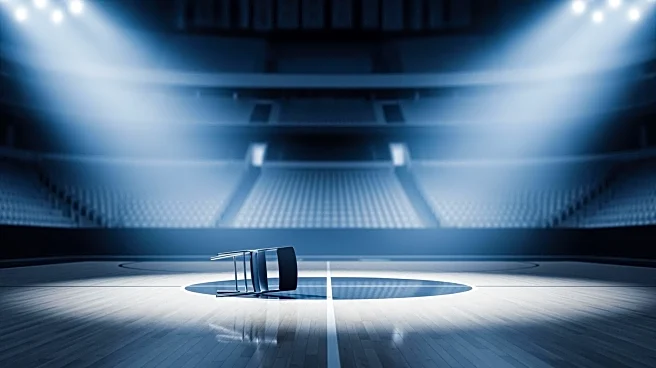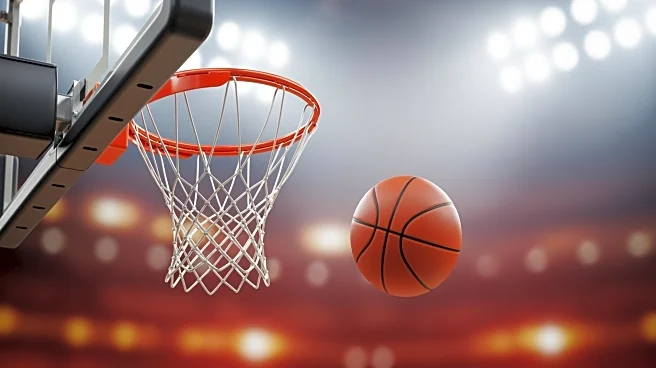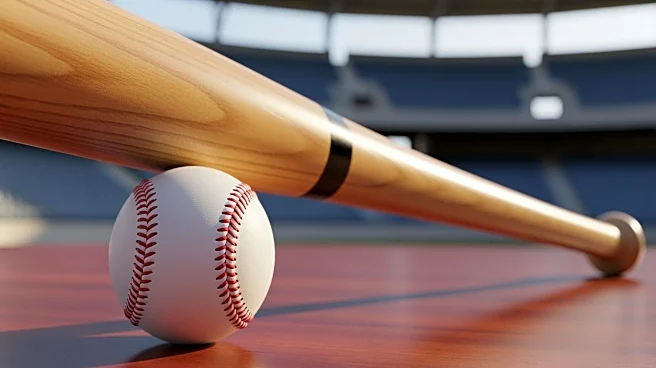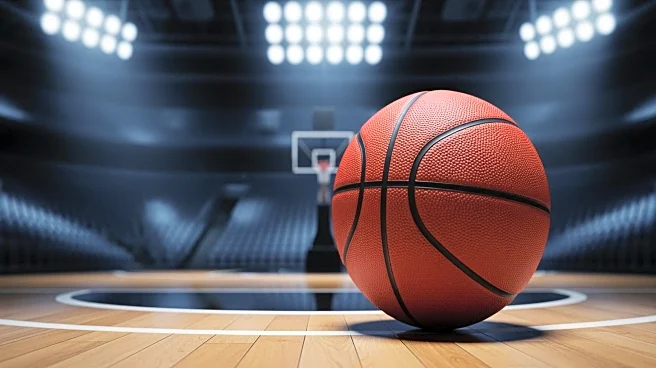What's Happening?
Caleb Wilson, a freshman forward for North Carolina, played a pivotal role in his team's 87-74 victory over Kansas. Wilson revealed that he uses his phone's wallpaper as a motivational tool, selecting images that evoke strong emotions before games. For
the Kansas match, he chose a moment from the McDonald's All-American Game where he felt sidelined by teammate Darryn Peterson, who was named co-MVP of that game. Wilson's strategy paid off as he scored a game-high 24 points, contributing significantly to North Carolina's win. This victory was particularly meaningful for Wilson, as it marked the first time in 20 years that North Carolina defeated Kansas, a team that had previously bested them in a national championship.
Why It's Important?
Wilson's performance against Kansas highlights the impact of personal motivation in sports. His ability to channel past frustrations into current success demonstrates a psychological strategy that could influence other athletes. The win also has implications for North Carolina's standing in college basketball, potentially boosting their confidence and ranking. For Kansas, the loss may prompt a reassessment of their strategies, especially in handling key players like Wilson. This game underscores the competitive nature of college basketball and the personal rivalries that can drive athletes to excel.
What's Next?
Following this victory, North Carolina may see a rise in their rankings, and Wilson's performance could attract more attention from scouts and analysts. The team will likely continue to leverage Wilson's skills in upcoming games, aiming to maintain their momentum. Kansas, on the other hand, might focus on refining their team dynamics and addressing any weaknesses exposed during the match. Both teams will prepare for future encounters, potentially setting the stage for another high-stakes game.
Beyond the Headlines
Wilson's approach to motivation raises questions about the psychological tactics used by athletes to enhance performance. It also highlights the role of personal rivalries in sports, which can add layers of complexity to team dynamics. This incident may inspire discussions on how athletes can harness emotions constructively, influencing coaching strategies and sports psychology practices.
